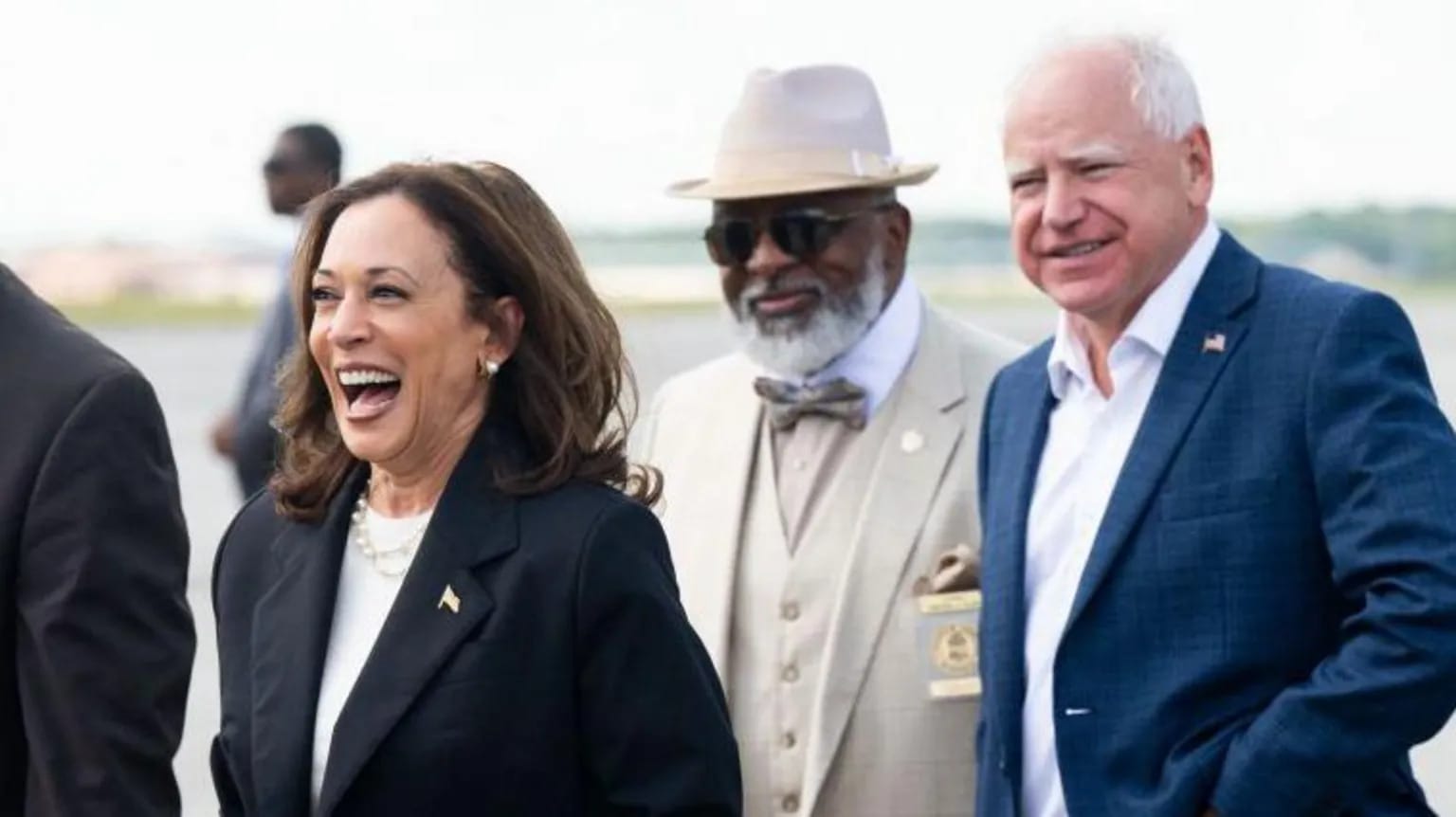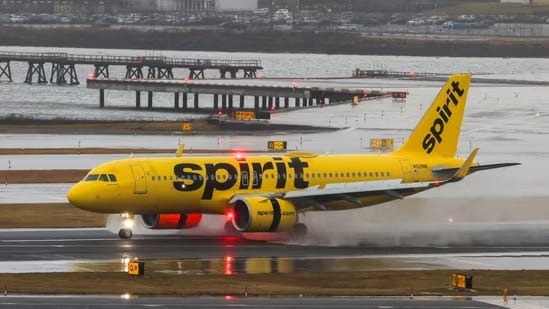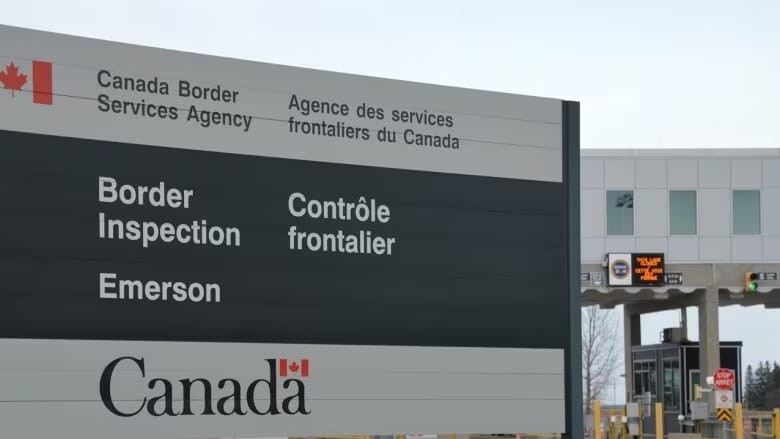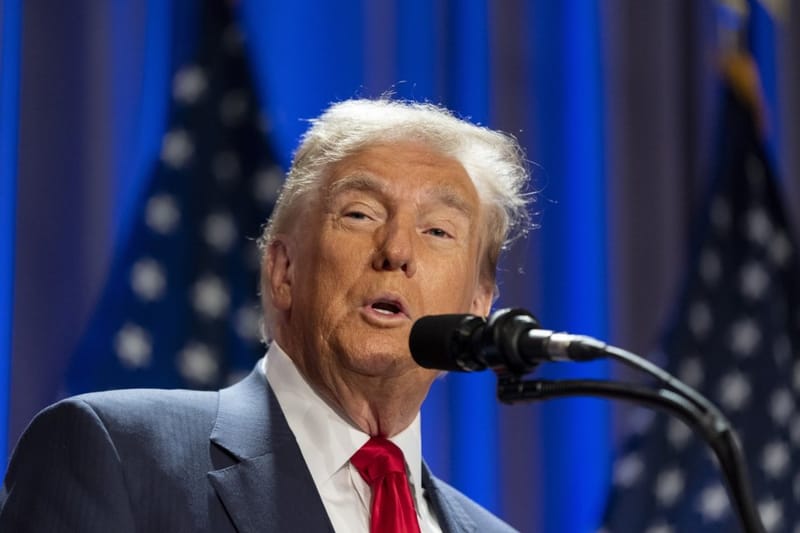Harris argues in favour of policy changes in a crucial initial interview
"I think the most important and most significant aspect of my policy perspective and decisions is my values have not changed," Harris stated.

US Vice-President Kamala Harris defended her evolving policy positions since becoming the Democratic presidential nominee in her first interview since taking on the party's mantle.
In a pre-recorded interview in Savannah, Georgia, on August 29, Harris addressed questions from CNN’s Dana Bash regarding shifts in her stances on issues like immigration and fracking.
Harris emphasized that her core values remain unchanged despite any policy adjustments.
"I think the most important and most significant aspect of my policy perspective and decisions is my values have not changed," Harris stated.
The interview, which will air on CNN at 9:00 PM ET on August 29 (2:00 AM BST on August 30), features Harris alongside her running mate, Minnesota Governor Tim Walz. In the preview, Harris countered claims of policy shifts, highlighting her continued support for the Green New Deal and her efforts to address the climate crisis.
She noted the achievements under the Inflation Reduction Act, which has directed substantial funding toward renewable energy and electric vehicle incentives.
However, Harris did not address her change of position on banning fracking.
During a 2019 CNN debate, she had supported a ban on the practice, but later moderated her stance, partly due to its unpopularity in the crucial battleground state of Pennsylvania. Brian Fallon, a campaign spokesperson, defended this change, citing the administration’s progress on climate through clean energy investments.
On the topic of border security, Harris reiterated that her values remain consistent, pointing to her experience as California’s Attorney General combating transnational crime.
Previously, as a senator and in her 2020 presidential campaign, she had advocated for closing immigration detention centers and decriminalizing illegal crossings.
Harris attributed her evolving views to the need for consensus and problem-solving.
In another clip, Harris expressed openness to including a Republican in her presidential cabinet, reinforcing her commitment to serving "all Americans" and valuing diverse perspectives.
Harris has faced criticism for avoiding an in-depth press conference or interview until now, with critics suggesting she was evading scrutiny.
Since becoming the nominee, she has only taken brief questions from journalists and social media influencers.
Her interview with CNN represents her first extensive engagement since President Joe Biden ended his campaign on July 21.
Former President Donald Trump, her Republican opponent, criticized the taped nature of the interview, questioning its authenticity and noting that it involved her running mate.
Harris’s last major TV interview was with CNN’s Anderson Cooper after the June debate between Biden and Trump.
The Harris-Walz campaign is currently touring Georgia, a key state where Biden narrowly defeated Trump in 2020.
Harris’s campaign event on August 29 at Savannah's historically Black college is part of a broader effort to engage young voters across battleground states.
Harris and Trump are scheduled to debate on ABC News on September 10, though there are ongoing discussions about microphone use during the debate.





